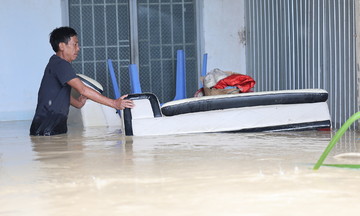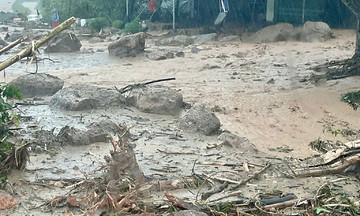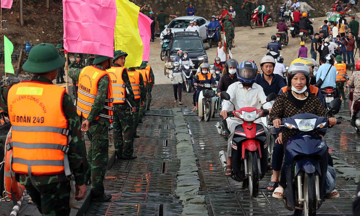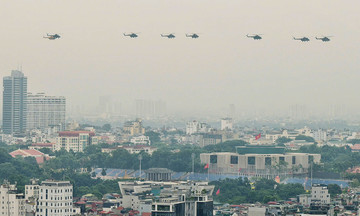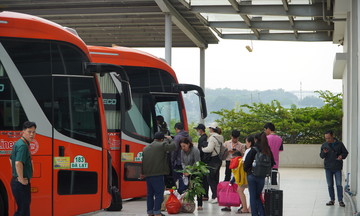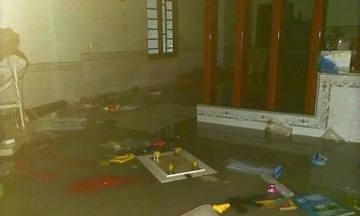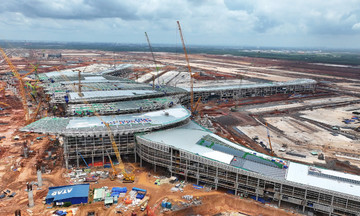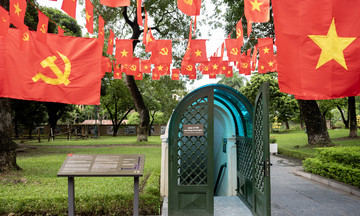On 4/7, during a meeting with the Department of Finance regarding tasks for the last six months of the year, Mr. Luong Nguyen Minh Triet highlighted issues following the merger with Quang Nam, particularly the lack of clear plans for thousands of public buildings.
"Quang Nam, before merging with Da Nang, had over 2,670 public facilities. Currently, only about half are in use, while the rest remain vacant. In Tam Ky alone, around 40 to 50 facilities still lack a clear plan," Mr. Triet stated, warning that these abandoned buildings, without proper oversight, could deteriorate, leading to asset loss and potentially becoming hotspots for social problems.
He questioned, "Who is responsible for managing and protecting these buildings while they await decisions? Who covers the costs of electricity, water, and sanitation?" The chairman instructed the Department of Finance to provide specific guidance to local authorities, emphasizing the need to allocate funds for security and basic utilities. "Public facilities can deteriorate within a week of neglect, and equipment inside is vulnerable to theft," he added.
Drawing from past experience in Quang Nam, where numerous mountainous districts had dozens of surplus facilities unsuitable for repurposing as schools, kindergartens, or cultural centers, and impossible to sell, he directed the Department of Finance to assess, categorize, and develop specific solutions for each case to avoid prolonged waste.
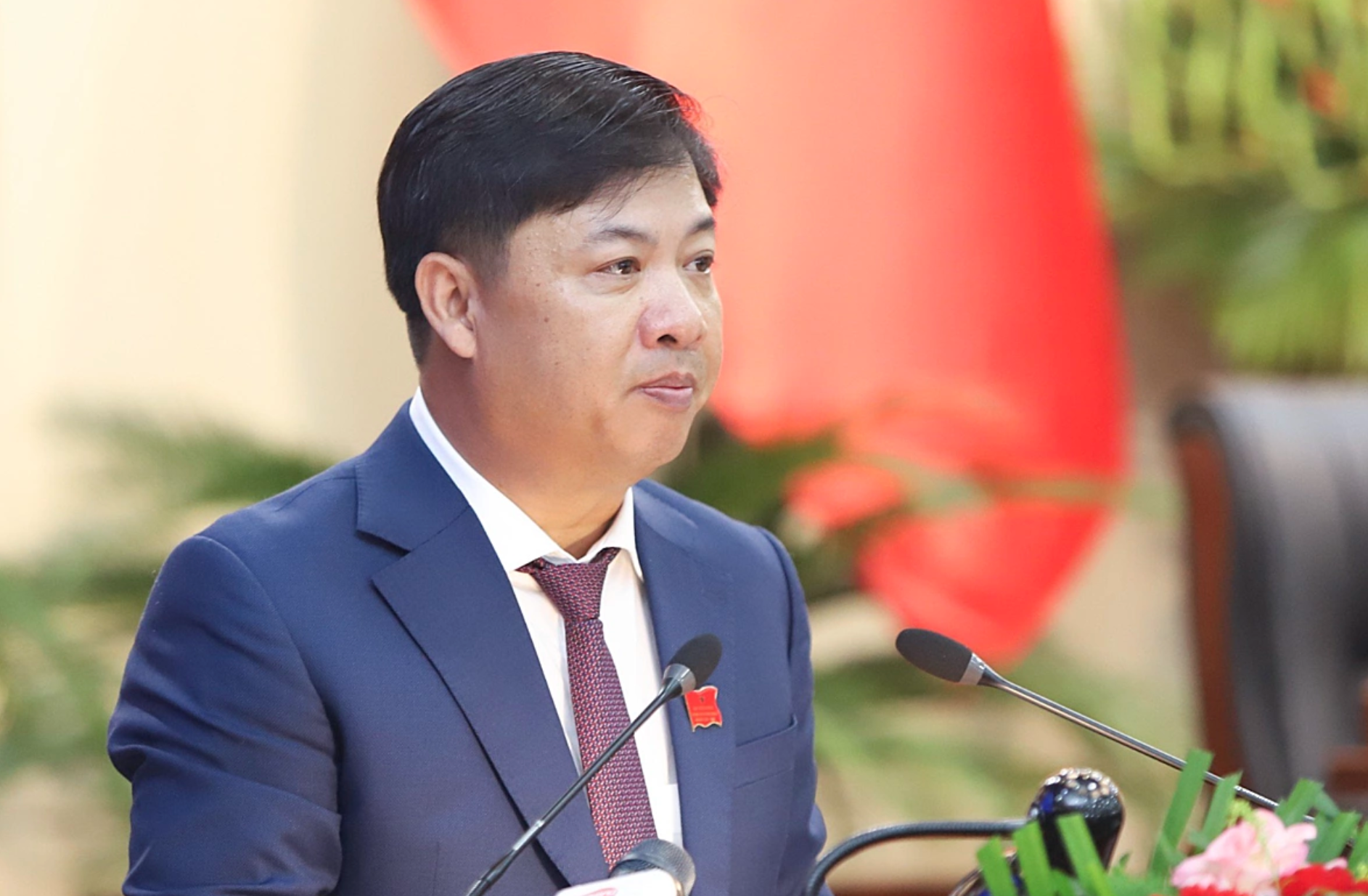 |
Mr. Luong Nguyen Minh Triet. Photo: Nguyen Dong |
Mr. Luong Nguyen Minh Triet. Photo: Nguyen Dong
During the meeting, the Da Nang People's Committee chairman also requested the Department of Finance to collaborate on reviewing the provision of official vehicles to align with the new organizational structure post-merger. He noted that many vehicles are severely damaged and inadequate for official duties, especially in remote areas like Tra My and Tay Giang.
Current regulations allocate two official vehicles per commune or ward. However, Mr. Triet suggested a more flexible approach based on location and specific needs. "We can't apply the same old criteria to a system many times larger. Without vehicles, local officials can't function effectively," he said, emphasizing that this isn't about "arbitrary procurement" but about justified purchases to support public service.
Regarding key financial tasks for the remaining six months, Mr. Triet urged the Department of Finance to address obstacles and expedite public investment disbursement for key projects. He assigned the department to lead a dedicated conference on disbursement before 15/7 in preparation for upcoming City Party Committee and People's Council meetings.
According to Mr. Triet, Quang Nam's disbursement rate is currently around 34%, while Da Nang has only reached 30%. "Achieving 80% by year-end would be a very good result, while promising 100% is just wishful thinking. We must face reality to develop more decisive and comprehensive solutions," he stated.
Despite acknowledging challenges like land clearance, investment procedures, material resources, and ODA funding, Mr. Triet emphasized that the key lies in the capacity and commitment of officials. Progress is faster where officials are actively engaged, and slower where there's negligence.
The chairman requested specific deadlines for each project and management board, with bi-weekly progress reports. Each task must be linked to individual responsibility and evaluated using key performance indicators (KPIs). "Going forward, all areas will use KPIs. Those who fail to perform will be categorized, transferred, or replaced every six months or a year," he stressed.
He also called for a transparent software-based evaluation system to avoid subjective assessments that don't reflect actual performance.
Nguyen Dong



